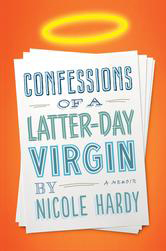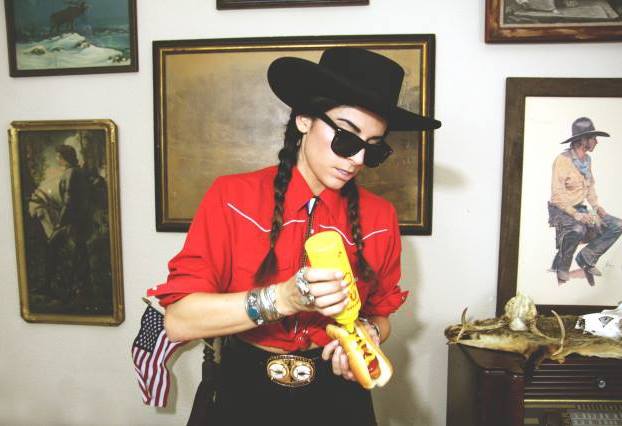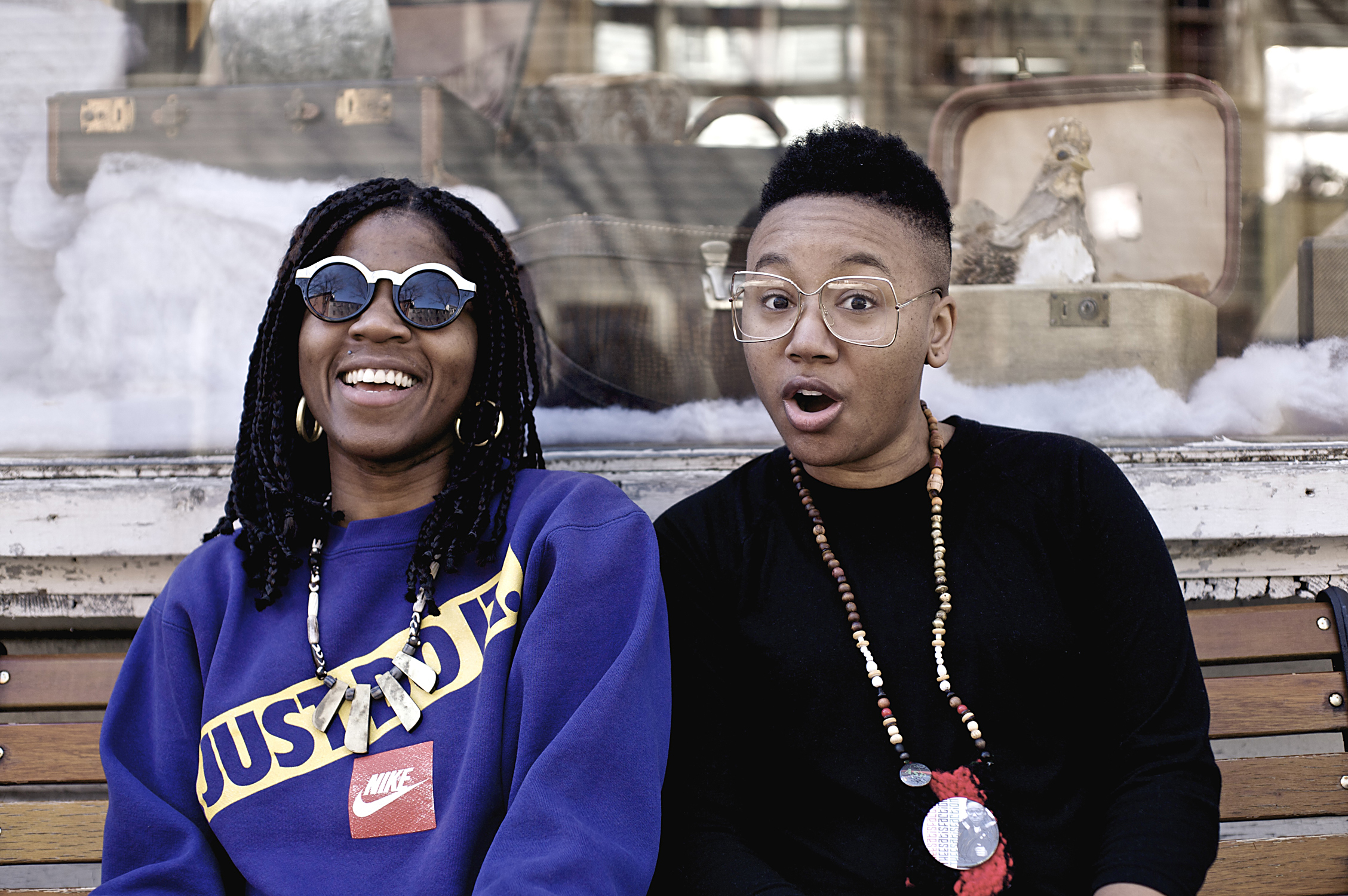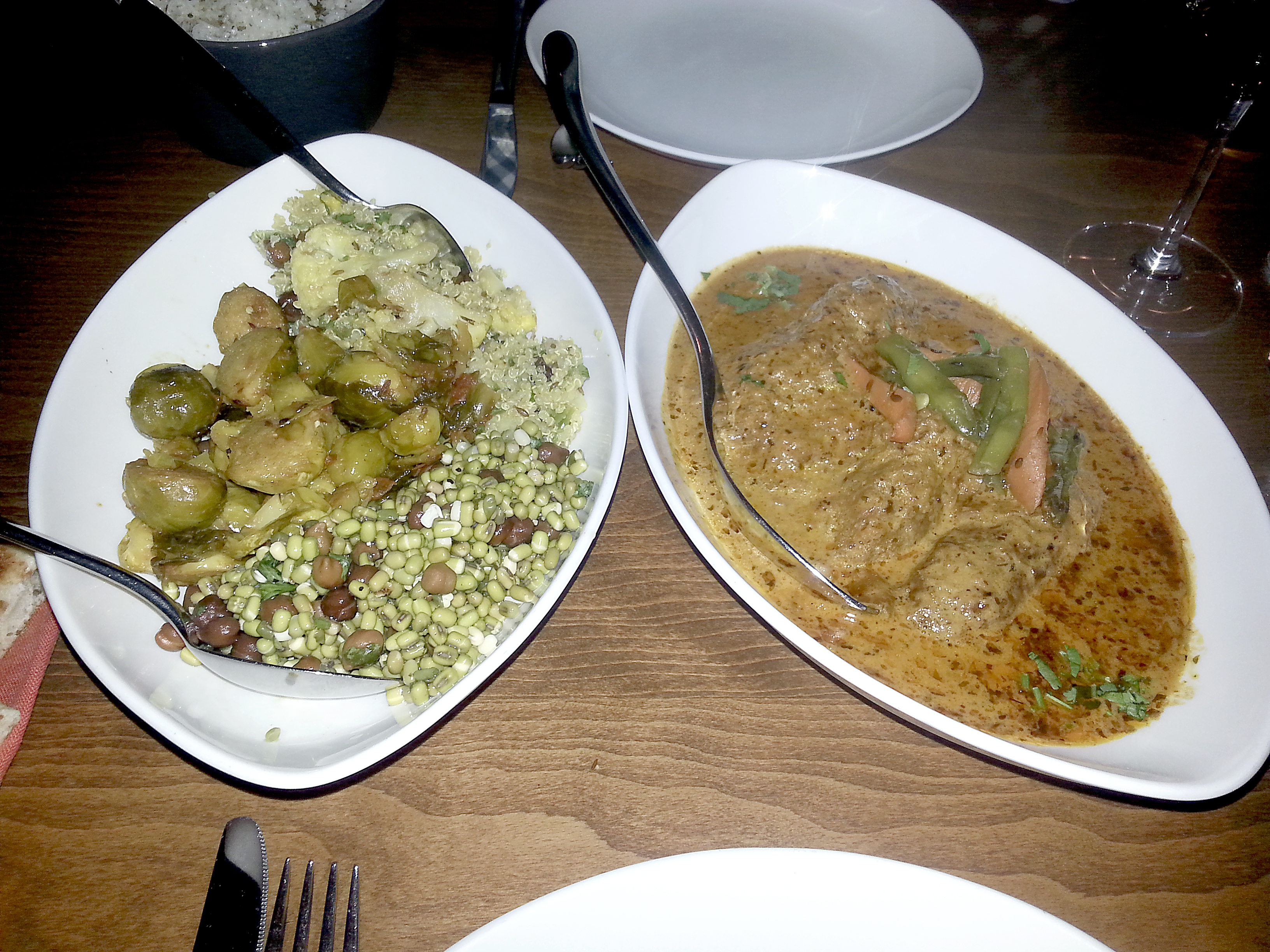Nicole Hardy meets me at Freshy’s, the same West Seattle coffee shop she mentions in her new memoir Confessions of a Latter-Day Virgin (Hyperion, $24.99). I arrive early for lunch to stake out a spot for our interview. I recognize Hardy from her book-jacket photo when she walks in, and wave and stand to shake her hand. We’ve never met, but impulsively she hugs me.
“Great, now I’ve just made things weird,” she says.
She hasn’t, but the comment is apt for her book—a coming-of-age story about growing up Mormon in Redmond, then leaving the faith. After a long struggle, she ultimately decides that her once-unshakable LDS convictions are irreconcilable with her true self. The story, she admits, has been difficult for her family.
“My parents have found ways to be supportive,” says Hardy. “They would probably prefer I was writing about a different subject, but they have started to understand I haven’t written an anti-Mormon, anti-faith, or an anti-religion book.” Her father has a special copy—“a version of the book with certain passages I cut out with a razor blade.”
Hardy got her publishing deal on the strength of her 2011 essay “Single, Female, Mormon, Alone” in The New York Times’ Modern Love column. In it she wrote of her deep frustrations as a practicing Mormon. “My first act of open rebellion was to go see Brokeback Mountain,” she wrote, “and one thing became clear that day: I could empathize with those gay cowboys. I knew . . . how it felt to grow apart from one’s community. I knew what it was to be fundamentally bound to an ill-fitting life.”
Confessions explores at much greater length Hardy’s crisis of faith, with details far more touching and intimate than its titillating title might suggest. There are PG-13 dating scenes with men, but those are often funnier and more awkward than salacious. Most of those encounters take place fully-clothed. Though, true to the title, Hardy does finally lose her virginity at 36.
Even more revealing is her willingness to expose the emotional process that led her away from the church—as opposed to abandoning faith entirely. In Confessions she writes, “Living the way I’ve been taught to live, I’ve felt loved, purposeful, and connected to what is divine.” Belief wasn’t the problem, but rather the conservative church’s notion of female roles: that a woman’s highest achievement in life is to be a wife and mother. To resist that stereotype, Hardy now says, “was like 10 years of taking off the Band-Aid, a tiny bit at a time.”
“I’m really thankful for the way I was raised,” Hardy says, her voice breaking. “I think some people might be disappointed that I wasn’t angrier in leaving [the church]. But what I really felt was a deep sense of grief and loss for this thing that was beautiful and inspiring for so long. To start to see that crumble underneath me was not something that made me angry, it was something that just made me deeply sad.
“People keep talking to me about the honesty of the book,” she continues. “If you sit down to write a memoir, you’re required to be honest about your own faults as much as anything else. If you’re reluctant to go there, this is not for you. The challenge is to go to those deep, dark, emotional places, to avoid sentimentality and self-pity, and realize that part of the human condition is to be sad or be lonely.”
During the sometimes-solitary path she follows in Confessions, Hardy watches her peers get married and have children while she’s sorting out her life. After college at Brigham Young, she moves to Chicago and vends hot dogs at a ballpark. She travels to the Caribbean and learns to dive. Later she gets an MFA in Vermont before returning to settle in West Seattle.
“I didn’t want to leave [the church], and I knew it would be the most difficult thing I would ever do,” Hardy tells me, speaking of a strategy of avoidance. “I was making incremental changes along the way to make my life feel more right. I was trying everything in order not to have to do the thing that I eventually had to do. But I was afraid enough of making the wrong choice. I felt like I had to pursue every single avenue before I made that leap.”
But leap she eventually did. And her life, which she “was afraid would be worse if I left” the church, isn’t. Today a vivacious, blonde 41-year-old, single and looking, Hardy has her heart firmly affixed to her sleeve. In person she exudes a vulnerability that’s refreshing and cathartic—well-suited to memoir. With the same loyalty she once devoted to her church family, she now enjoys a hand-picked family she calls her “tribe.” Among them are friends at Freshy’s and Circa, places she has worked as a waitress.
“There are a lot of ways to make a family,” says Hardy. “The community that I lost had not been my true sisterhood or brotherhood. It had not been a loving family for a long time, so it was lovely to find that elsewhere.”
And what about God? “I still consider myself a faithful person and a believer,” she replies, “but I can’t see myself being part of an orthodoxy ever again. The spiritual part of my life will always be a priority. I’m just finding it in different places now.”
gelliott@seattleweekly.com
TOWN HALL 1119 Eighth Ave., 652-4255, townhallseattle.org. $5. 6:30 p.m. Fri., Oct. 11.








